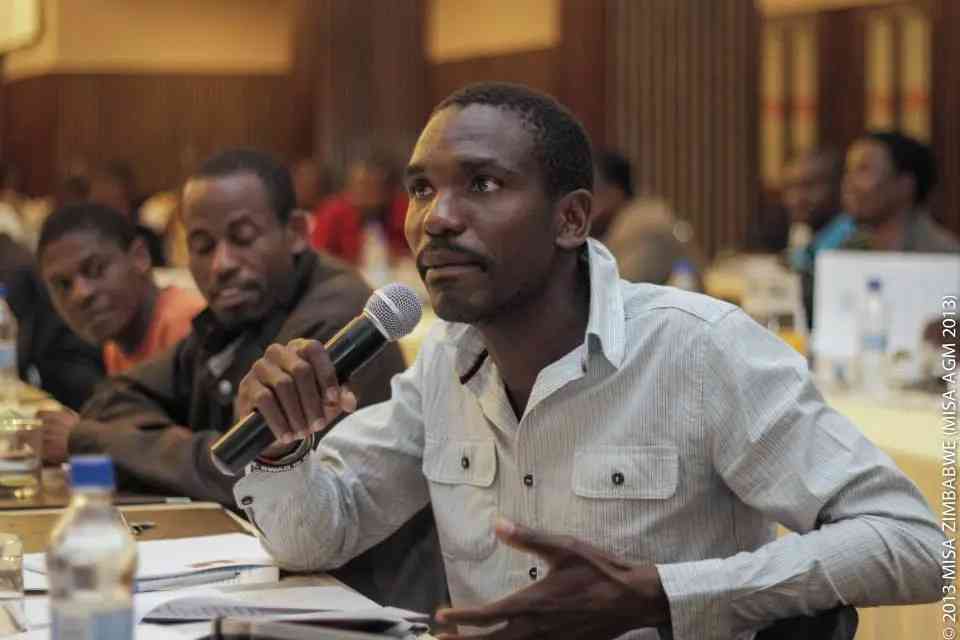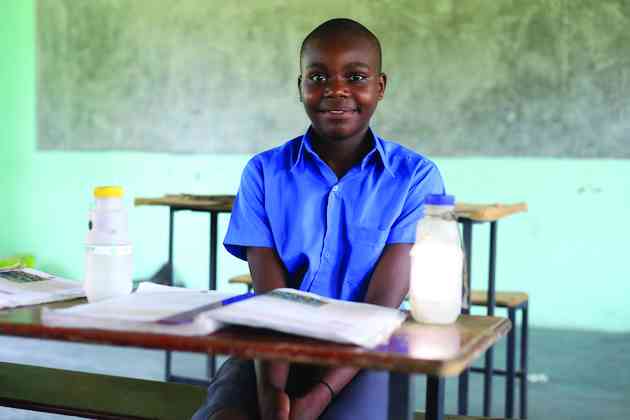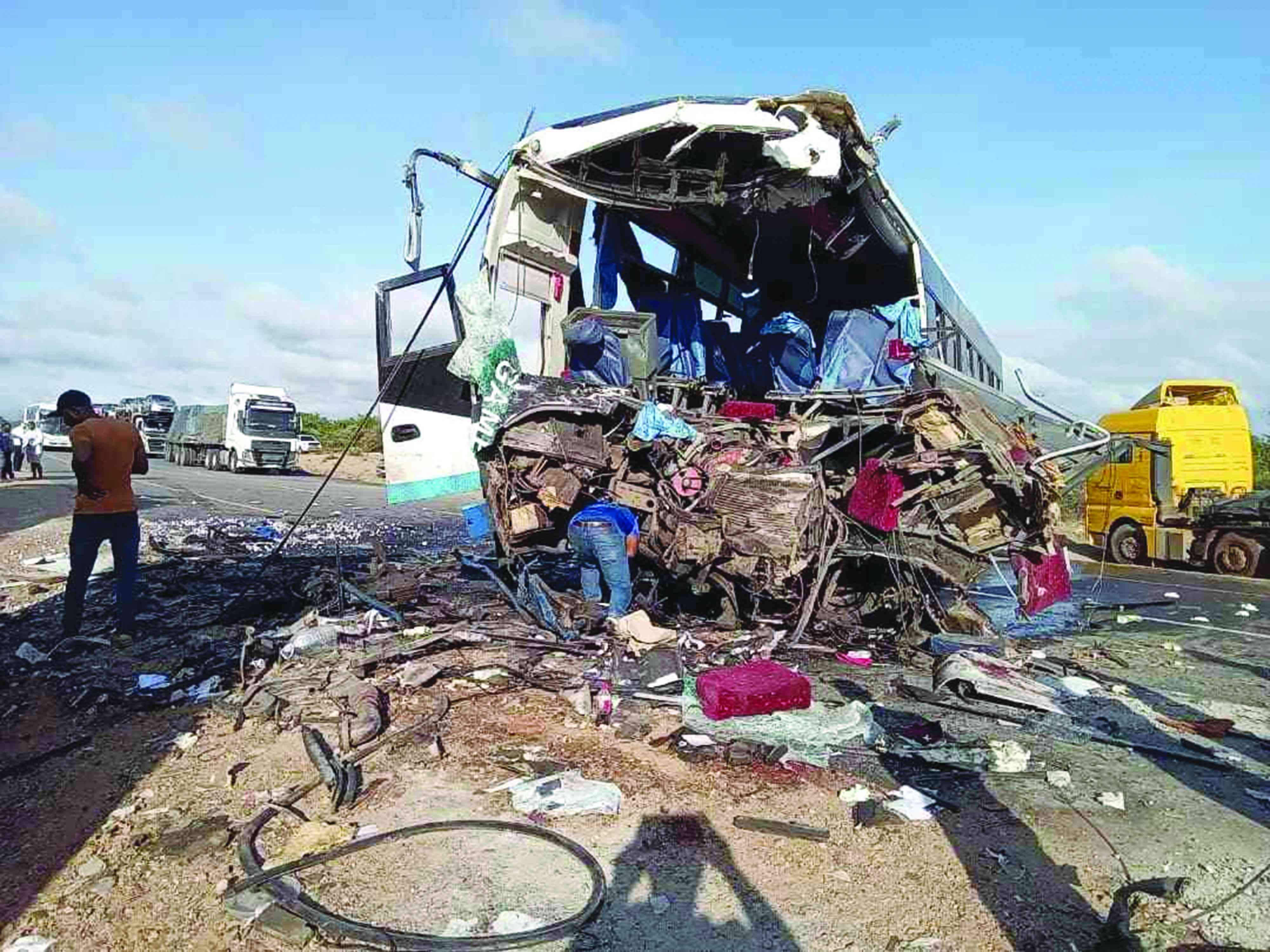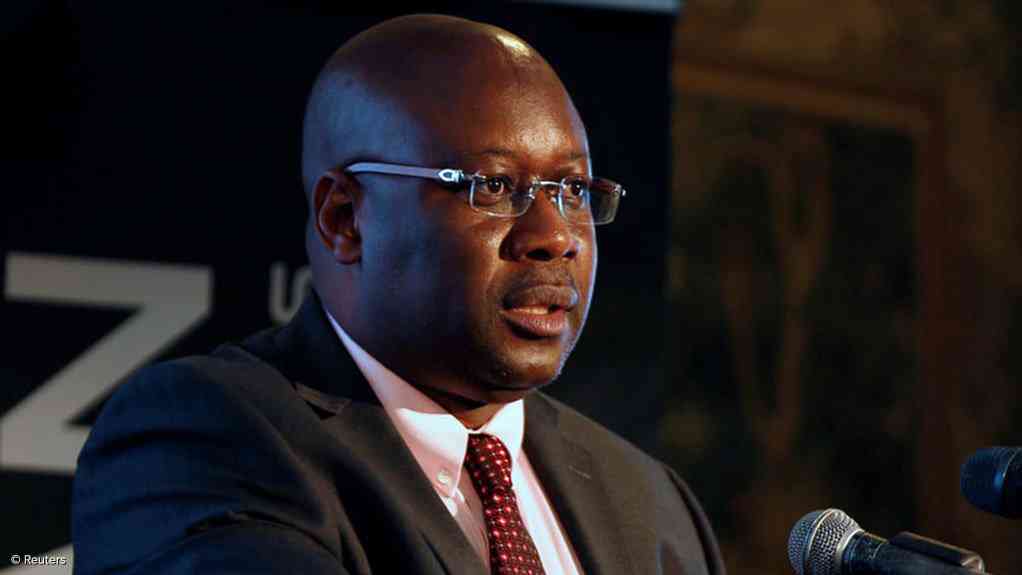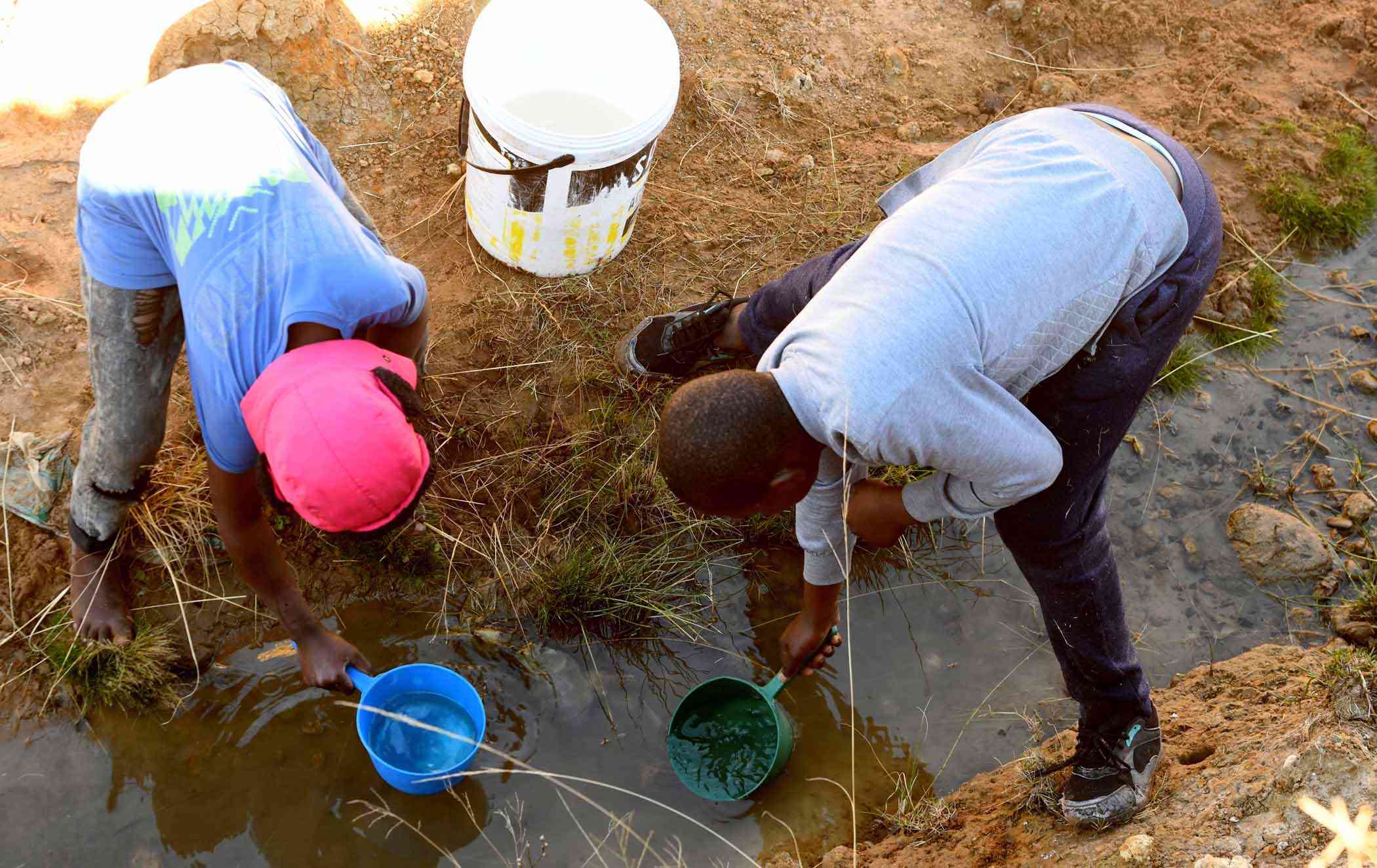
VILLAGE head Manonde Mhako has spent countless sleepless nights grappling with how to help his fellow villagers in Mbire district's Kasuwo area overcome their persistent water shortages.
For years, the villagers have endured the arduous task of walking over two kilometres to fetch water from the Kadzi River, a tributary of the Zambezi River.
The situation has been exacerbated by malfunctioning boreholes that have remained dry for years.
According to Mhako, these boreholes are essential, yet they have failed the community in its time of need.
Mhako told the Zimbabwe Independent during a recent interview that it was important to repair malfunctioning boreholes.
As climate change continues to wreak havoc, the drying boreholes have forced Mbire's villagers to turn to the Kadzi River, where they dig shallow wells to extract water.
This water is crucial not only for their daily needs but also for their domestic animals in one of Zimbabwe's driest regions.
"Life is very difficult for us," Mhako lamented, noting that many villagers have abandoned farming for gold panning in their struggle to survive.
- Sadc response to Zim’s water crisis
Keep Reading
Southern Africa is home to 15 trans-boundary rivers, including the Zambezi, which traverses eight countries. According to the World Wildlife Foundation (WWF), while Africa is blessed with vast water resources — boasting large rivers such as the Congo, Nile, Zambezi, and Niger, and Lake Victoria, the world’s second-largest freshwater lake — it remains the second driest continent on Earth, trailing only Australia.
“Shortages are often due to problems of uneven distribution - sometimes there is much water where there are fewer people,” WWF says.
“One example of the disparity in water availability lies in the Congo basin where 30% of the continent’s water (is on) land inhabited by only 10% of Africa’s population.
“Fourteen countries in Africa are already experiencing water stress; another 11 countries are expected to join them by 2025 at which time nearly 50% of Africa’s predicted population of 1,45 billion people will face water stress or scarcity.
“Nearly 51% (300 million people) in sub-Saharan countries lack access to a supply of safe water and 41% lack adequate sanitation,” the foundation further states.
In Southern Africa, the situation is no different. The Southern African Development Community (Sadc) acknowledges that while the region has plentiful water resources, the inefficient deployment of infrastructure hinders their use and distribution.
The region accumulates approximately 2 300 km³ of renewable water resources per year, but only 14% is retained for use, mainly in Lake Kariba and Cahora Bassa along the Zambezi River.
Zimbabwe, despite having access to significant water bodies like the Zambezi River, Lake Kariba, and Lake Chivero, struggles with water scarcity.
The 2023 Zimbabwe Vulnerability Assessment Committee report revealed that even before this year's drought, 35% of rural households had inadequate water access, and 45% of rural households travelled more than half a kilometre to fetch water.
Rapid urbanisation has further exacerbated the situation, with over 32% of Zimbabweans living in urban areas, according to the Zimbabwe Environmental Law Association (Zela).
“Residents end up drilling wells because of the failure by local authorities to provide clean, safe, and portable water, despite having an obligation to provide (it),” Zela noted.
In response, the government launched the Presidential Borehole Scheme, aiming to drill 10 000 boreholes in villages and urban centres across the country.
Reyna Trust, an environmental, climate, and water conservation organisation, has closely monitored these developments.
Its director, Sydney Chisi, pointed out that programmes under trans-boundary water management, like the Programme for Integrated Development and Adaptation to Climate Change (Pidacc – Zambezi), face numerous challenges.
“The fact that some countries are more developed than their counterparts could also mean each country would not access the same resources equally,” he said.
“The challenge was highlighted when Zimbabwe and Zambia were upgrading their hydro-electricity generators, with Zimbabwe struggling to complete its project in the north bank.”
Trans-boundary water management projects have been established across Southern Africa to address these challenges.
One notable initiative is the Zambezi Watercourse Commission (Zamcom), an inter-governmental organisation formed in 2014 to bring together the eight states sharing the Zambezi River Basin.
Around 40 million people live in the Zambezi River Basin, depending on it for drinking water, food, irrigation, and power generation. Zamcom's mission is to manage the water resources equitably and sustainably while protecting the environment.
One of their key projects, Pidacc Zambezi, launched in 2022 with a US$16,5 million investment from the African Development Bank (AfDB), aims to bolster climate-smart resilience and improve water access for approximately 800 000 people along the basin. Of these 60% are women and 10% youth. In May 2023, Sadc witnessed another significant initiative with the establishment of the Buzi, Pungwe, and Save Watercourses Commission between Zimbabwe and Mozambique.
This commission will oversee the planning, development, and management of water resources within these three river basins, building on existing water-sharing agreements signed between 2016 and 2023.
Inspired by the progress in Southern Africa, countries in Eastern and Northern Africa under the Nile Basin Initiative (NBI) have engaged with Zamcom as part of the Nile Cooperation for Climate Resilience project.
NBI executive secretary Silvester Matemu said they would adopt similar initiatives to reverse pollution along Africa's longest river, the Nile, drawing from the successful outcomes of the Zamcom project.
However, Chisi argues that the effectiveness of trans-boundary water initiatives in Southern Africa depends on the strength of local resource management policies.
“Riparian states also use different policies in tackling various projects and challenges and this could also affect the smooth implementation of projects in trans-boundary water management programmes,” he said.
Differences in development levels and economic challenges among Southern African countries, coupled with Zimbabwe's legacy debt with Bretton Woods institutions and the AfDB, could hinder the country's ability to access funds for projects like Pidacc-Zambezi.
Zela's deputy director, Shamiso Mtisi, notes that projects could be further impacted by differing approaches to agreed standards and management practices.
“The problem comes when one of the countries may want to quickly work on expanding or growing their economies while the others may not wish to do the same,” Mtisi says.
He said shared watercourse management also helped to harmonise laws and policies regulating utilisation, reducing potential conflicts.
“For example, in the event that there is no coordinated approach to use and management of resources, country A might use or block, for example, a river course, thereby depriving the other downstream country. So that may cause altercations,” Mtisi said.
He also pointed out that trans-boundary watercourse management projects could assist countries in planning for climate change adaptation.
However, Chisi stressed that the sustainability of these initiatives depended on effective local resource management policies within riparian states
“One of the key principles is ensuring that…policies speak to each other,” he said.
Given the threats posed by climate change in southern African countries, in particular, with a water crisis that has been ongoing for nearly a decade, the importance of water management cannot be underestimated.
Cooperation between states can be a way to promote the sustainable utilisation of their shared water sources.

